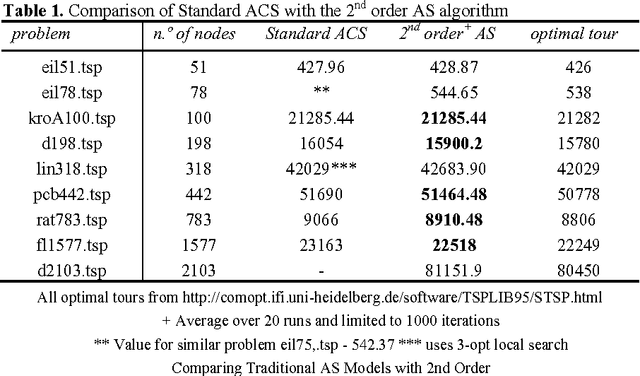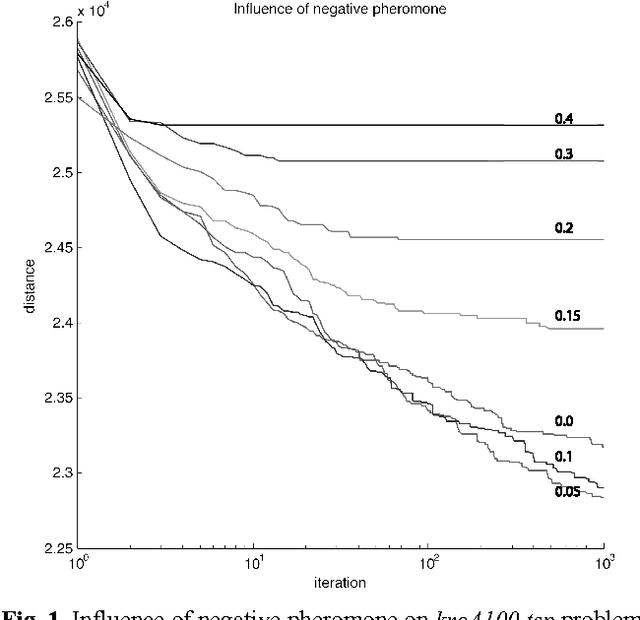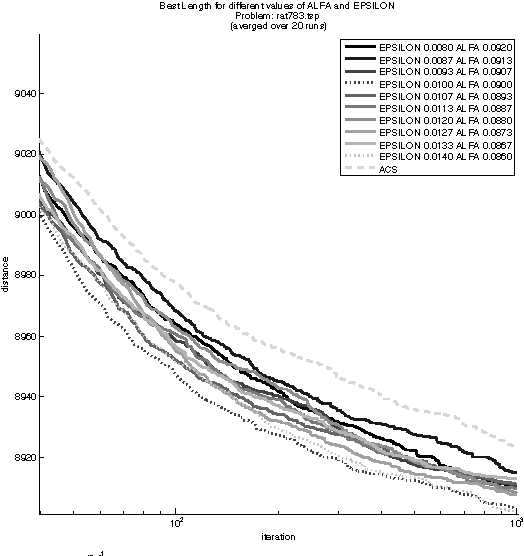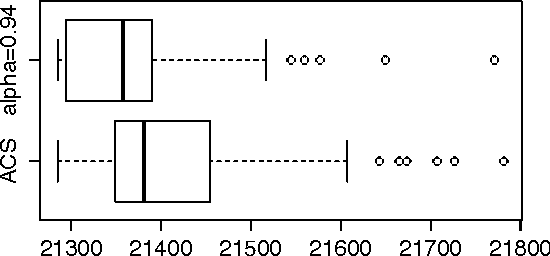Jorge Louçã
Topology and dynamics of narratives on Brexit propagated by UK press during 2016 and 2017
Feb 22, 2019



Abstract:This article identifies and characterises political narratives regarding Europe and broadcasted in UK press during 2016 and 2017. A new theoretical and operational framework is proposed for typifying discourse narratives propagated in the public opinion space, based on the social constructivism and structural linguistics approaches, and the mathematical theory of hypernetworks, where elementary units are aggregated into high-level entities. In this line of thought, a narrative is understood as a social construct where a related and coherent aggregate of terms within public discourse is repeated and propagated on media until it can be identified as a communication pattern, embodying meaning in a way that provides individuals some interpretation of their world. An inclusive methodology, with state-of-the-art technologies on natural language processing and network theory, implements this concept of narrative. A corpus from the Observatorium database, including articles from six UK newspapers and incorporating far-right, right-wing, and left-wing narratives, is analysed. The research revealed clear distinctions between narratives along the political spectrum. In 2016 far-right was particularly focused on emigration and refugees. Namely, during the referendum campaign, Europe was related to attacks on women and children, sexual offences, and terrorism. Right-wing was manly focused on internal politics, while left-wing was remarkably mentioning a diversity of non-political topics, such as sports, side by side with economics. During 2017, in general terrorism was less mentioned, and negotiations with EU, namely regarding economics, finance, and Ireland, became central.
Second Order Swarm Intelligence
Jun 13, 2013



Abstract:An artificial Ant Colony System (ACS) algorithm to solve general-purpose combinatorial Optimization Problems (COP) that extends previous AC models [21] by the inclusion of a negative pheromone, is here described. Several Travelling Salesman Problem (TSP) were used as benchmark. We show that by using two different sets of pheromones, a second-order co-evolved compromise between positive and negative feedbacks achieves better results than single positive feedback systems. The algorithm was tested against known NP-complete combinatorial Optimization Problems, running on symmetrical TSP's. We show that the new algorithm compares favourably against these benchmarks, accordingly to recent biological findings by Robinson [26,27], and Gruter [28] where "No entry" signals and negative feedback allows a colony to quickly reallocate the majority of its foragers to superior food patches. This is the first time an extended ACS algorithm is implemented with these successful characteristics.
 Add to Chrome
Add to Chrome Add to Firefox
Add to Firefox Add to Edge
Add to Edge